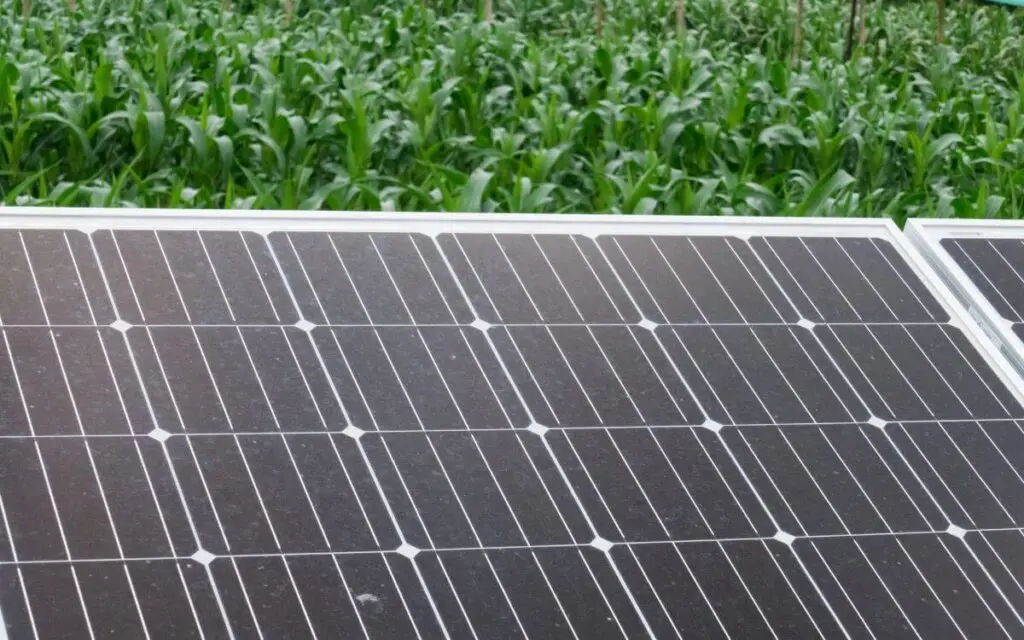10 Essential Steps to Solar Module Cleaning and Maintenance for Optimal Performance
Solar Module Cleaning is a crucial part of ensuring your solar panels continue to perform at their best over time. Dust, dirt, and debris can accumulate on the surface, reducing the efficiency of your solar modules. Regular maintenance and proper cleaning techniques will help maximize energy output and prolong the lifespan of your system. Here are 10 essential steps to keep your solar modules in top condition.
1. Schedule Regular Solar Module Cleaning
The first step in solar module cleaning is consistency. Scheduling regular cleanings is key to maintaining optimal performance.
- Frequency: Clean your solar panels every 6 months, or more often if you live in a dusty or polluted area.
- Seasonal Cleaning: It’s particularly important to clean them after long dry spells or during pollen-heavy seasons to prevent buildup.
2. Inspect for Dirt and Debris
Before you start the cleaning process, perform a quick visual inspection of your solar modules.
- Check for Obstructions: Look for leaves, bird droppings, or other debris that may be blocking sunlight from reaching your panels.
- Identify Stubborn Grime: Areas with caked-on dirt will need special attention during cleaning.
3. Turn Off the System Before Cleaning
Safety is paramount during solar module cleaning. Always turn off your solar system before performing any maintenance tasks.
- Turn Off Power: Ensure the inverter is switched off and the system is disconnected from the grid.
- Safety Gear: Wear gloves and non-slip shoes when cleaning on roofs or elevated surfaces.
4. Use the Right Cleaning Tools
Using the proper tools is crucial to preventing damage during solar module cleaning.
- Soft Brush or Sponge: Choose non-abrasive materials to avoid scratching the glass surface.
- Hose or Water Supply: Use demineralized or distilled water to prevent mineral buildup on the panels.
5. Clean in the Early Morning or Late Afternoon
Timing your solar module cleaning properly will help protect your panels and improve the cleaning results.
- Avoid Direct Sunlight: Clean your panels when they are cool, either in the early morning or late afternoon, to prevent water from evaporating too quickly and leaving streaks.
- Safety Tip: Early morning cleaning also helps avoid working on hot roofs during the heat of the day.
6. Gently Rinse the Panels with Water
A gentle rinse is often all that’s needed to remove dust and light dirt.
- Start with a Hose: Use a low-pressure hose to remove loose debris from the surface.
- Avoid High-Pressure Washers: Never use high-pressure water, as it could damage the seals or the solar cells themselves.
7. Wipe Away Stubborn Dirt with a Soft Cloth
For areas with stubborn grime, a soft cloth or sponge will do the trick.
- Soapy Water Solution: Use a mild, soapy water mixture to gently scrub dirt away without harming the glass.
- Avoid Harsh Chemicals: Don’t use abrasive cleaners or detergents that could degrade the panel’s surface.
8. Check for Any Damage or Wear
Solar module cleaning offers a great opportunity to inspect your panels for damage.
- Cracks or Chips: Look for any cracks in the glass or damaged frames that need attention.
- Loose Connections: Ensure that all cables and connections are intact and secure.
9. Dry the Panels with a Lint-Free Cloth
After washing, drying the panels thoroughly will help prevent water spots from forming.
- Lint-Free Cloth: Use a soft, lint-free cloth to gently wipe away remaining water for a streak-free finish.
- Air Dry Option: Alternatively, allow the panels to air dry if you are cleaning in a shaded area.
10. Monitor Energy Output
Finally, monitoring your solar system’s energy output after cleaning will help you assess the effectiveness of the maintenance.
- Performance Boost: You should see an immediate improvement in performance if your panels were significantly dirty before cleaning.
- Regular Monitoring: Continue to track energy output regularly to detect any potential issues early on.
Conclusion
Solar Module Cleaning is essential to maintain the efficiency and longevity of your solar panels. By following these 10 essential steps, you’ll ensure that your solar modules are operating at their best, providing maximum energy output for years to come. Regular cleaning and maintenance will not only improve the efficiency of your solar system but also extend its lifespan, making it a worthwhile investment.






